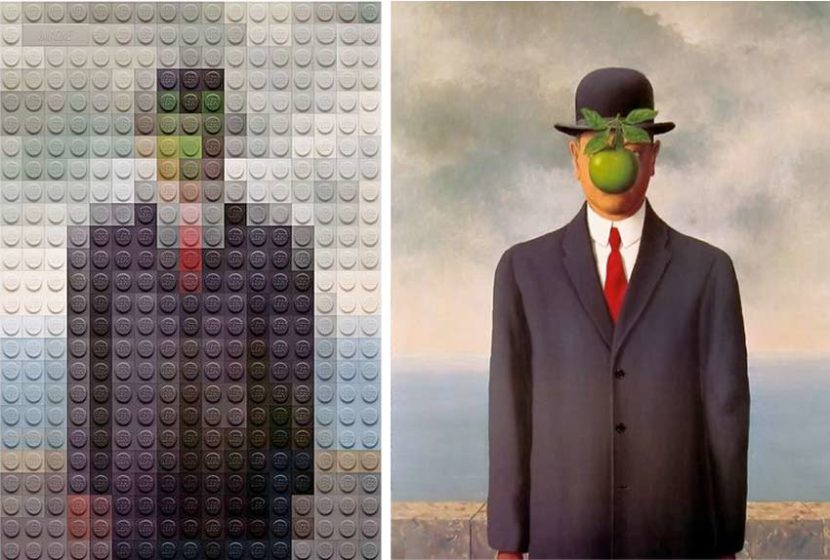I have a friend who everyone loves. When he enters a room, he cannot be ignored. He talks to everyone whether he knows them or not. He is always talking, teasing, pulling someone’s leg. You might call him the class clown, only he’s middle-aged and there’s no class. Truth be told, he’s a self-made millionaire, retired, loves sports, travels the world and has as much fun as humanly possible. But he also likes to stir up trouble.
When he’s alone with me, he poses tricky philosophical questions: what is happiness? What do we do with people who spread hateful ideas? My friend reasons like this: if you hate hateful people, aren’t you yourself being hateful? Sometimes I take my interrogator seriously and engage in a discussion with him, examining the pros and cons of different positions. Just when I think the discussion is coming to a close, my friend returns to the beginning and tries to restart the entire argument again.
At this point, I realize my friend is more prankster than philosopher. Philosophers attempt to free our minds from falling into circular traps, repeating the same arguments over and over. Yet when I say I haven’t time, my prankster friend says I’m too serious for my own good. Why so serious? he asks. Why is your time more important than my time? Can you answer without squandering precious moments?
The prankster becomes philosopher. But only for a moment because there’s too much fun to be had, too many games to play, too many places to go, to lose time losing it.
